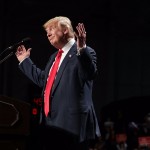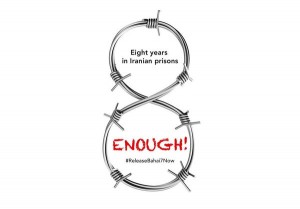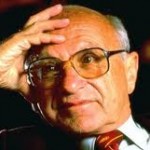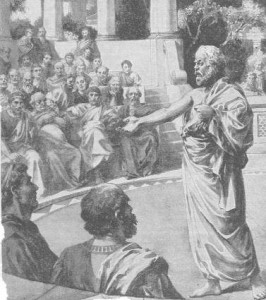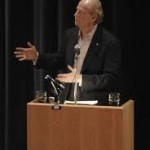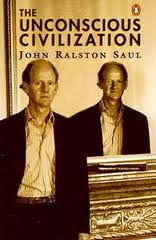…WHAT, spreading the NEWS? (I hear you, Mr. Sinatra.) It IS big news this morning.
…rumours? Everybody has his theory, everyone has her opinion. They’re like anuses, as the saying is.
…wings? A new freedom for the ordinary people of America? The victory of the Little Guy against the Political Elites? (How a millionaire’s son convinced millions that he is One of Them is breathtaking stuff, people.)
…um, other sorts of wings? Air Canada B&B? Should I be advertising the small extra bedroom in my basement at inflated prices? Are the promised (or threatened?) refugees from this American election already lining up to emigrate to the Civilized North?
…fear and alarm? Ladies and gentlemen: President Trump! And listen: never doubt the ability of frightened people to do things against their own best interests.
…spreadin’ the Jello™? I remember a time when Bill Cosby was the Biggest Joker and not the Supreme Punchline, and this morning I recall his “Chickenheart” bit. It was a long, woolly tale of his childhood, in which his solution to the delicious but overwhelming terror he felt at listening to scary tales on the radio was, yes, to smear Jello on the floor so that when the evil Chickenheart That Ate Philadelphia got to Cos’s place, he’d slip and fall down. Start smearin’ the goos… (If you still don’t get this reference, repeat that line to the tune of Paul Anka’s (Frank Sinatra’s) “New York, New York”, where Hillary Clinton is even now binge-eating Ben & Jerry’s in her fuzzy Barbie pyjamas.)
***
Yeah, I’m shuddering, shaking my head in disbelief, pulling out my copy of Charles Pierce’s Idiot America (of which, here is “premise no. 3”: “Anything can be true if someone says it loud enough”). Pierce’s book wasn’t intended to say that all Americans are dumb, though my scary radio show in Ottawa this morning was filled with Canadians incredulizing ả la “How could they elect somebody like that? How could they be so stoopid?” And I go back to 1960s Cosby, when he links the Chickenheart story to another long childhood reminiscence of what happens to an innocent wino who gets run over by a wildly spooked Fat Albert. In the hospital emergency room of Cosby’s ridiculously funny (and rather sweet) story, his Jello-stained father commiserates with the steam-rolled wino, agreeing that terrified people are pretty hard to deal with…
So I’m whistling in the dark. I’m writing headlines, some of which amuse me.

